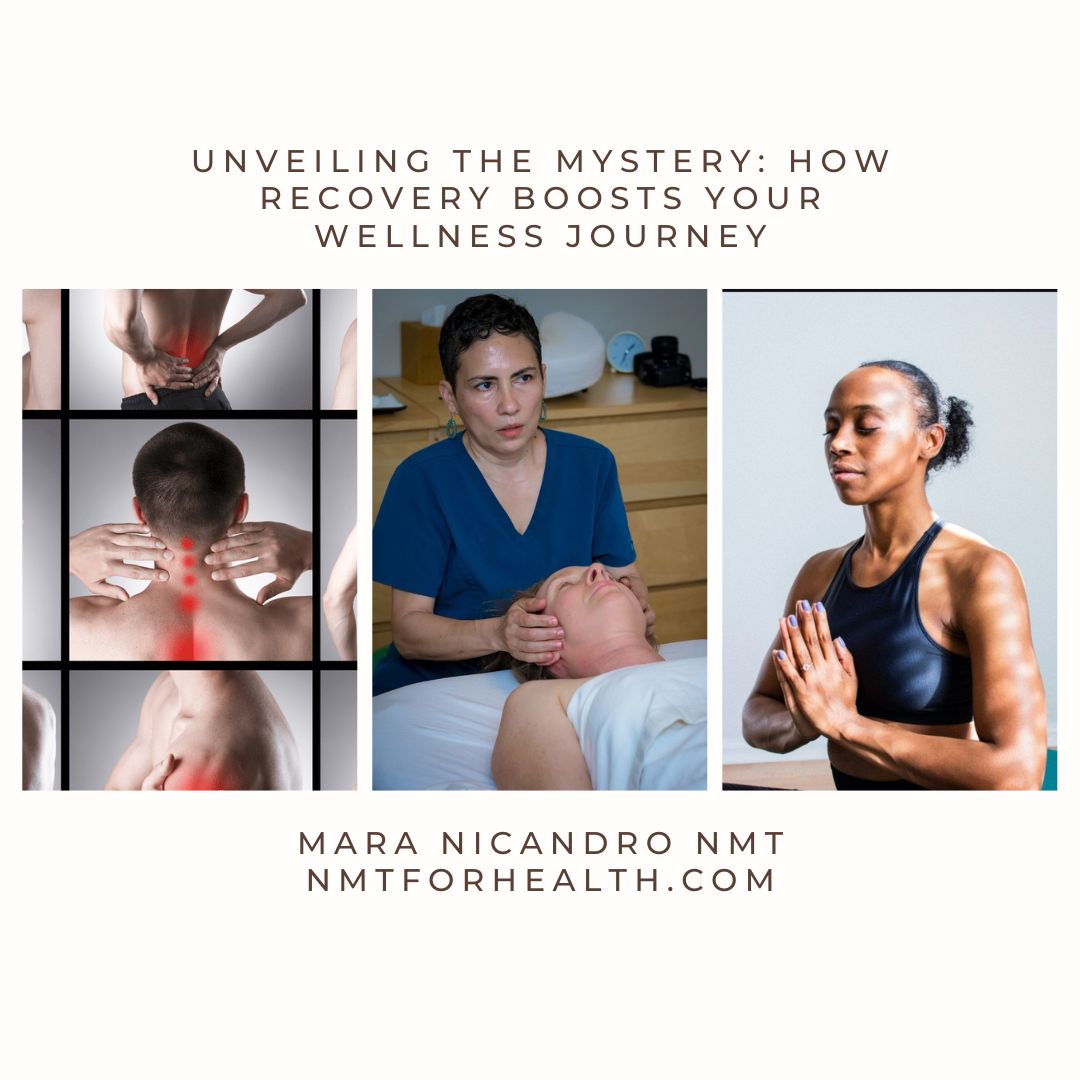The secret of health for both mind and body is not to mourn for the past, not to worry about the future…but to live the present moment wisely and earnestly.
— Siddhartha Gautama Buddha
At some point in life you may feel sad, anxious and overwhelmed but these feeling can be brief, they come and go. But when it interferes with daily life this may be a sign that your dealing with something more than feeling blue, depression with accompanying anxiety can affect your health.
The secret of health is not about the past or the future but what you do now.
Prevention taking action before it becomes severe: You can’t control everything but what you can control is taking care of your physical health. By managing your symptoms and adopting good strategies like exercising, good nutrition, adequate sleep, and trying to reduce stress all are powerful tools that contribute to your well-being.
Men and Women experiences are different: For women biological, life cycle, hormonal, and psychosocial factors are big contributors. Researchers have shown that hormones directly affect the brain chemistry that controls emotions and mood. For men the experience are more likely to be very tired, irritable, lose interest in once-pleasurable activities, and have difficulty sleeping.
Symptoms include:
- Persistent sad, anxious or “empty” feelings
- Feelings of hopelessness and/or pessimism
- Feelings of guilt, worthlessness and/or helplessness
- Irritability, restlessness
- Loss of interest in activities or hobbies once pleasurable, including sex
- Fatigue and decreased energy
- Difficulty concentrating, remembering details and making decisions
- Insomnia, early–morning wakefulness, or excessive sleeping
- Overeating, or appetite loss
- Thoughts of suicide, suicide attempts
- Persistent aches or pains, headaches, cramps or digestive problems that do not ease even with treatment
Massage a powerful tool to fight depression and anxiety naturally this is in addition to your other strategies for prevention.
What new research shows: A review of more than a dozen massage studies conducted by the Touch Research Institute at the University of Miami School of Medicine concludes that massage therapy relieves depression and anxiety by affecting the body’s biochemistry.
In a series of studies including about 500 men, women, and children with depression or stress problems, researchers measured the stress hormone cortisol in participants before and immediately after massage and found that the therapy lowered levels by up to 53%. (Cortisol can drive up blood pressure and blood sugar levels and suppress the immune system.)
Massage also increased serotonin and dopamine, neurotransmitters that help reduce depression.
Massage therapists can be confident that MT has been scientifically demonstrated to reduce anxiety and depression, and that the benefits are substantial. Indeed, there are probably no other effects in MT research that have been as consistently demonstrated as these mental health benefits. Christopher Moyer, Ph.D, Affective Massage Therapy
Living with anxiety and depression is a painful and distressing experience. Proper treatment is important. Massage therapy can be of benefit. Please, if you know someone who is suffering from anxiety and depression, urge them to get the care. I am a holistic practitioner treating the mind/body so not only am I a certified structural and movement therapist but also a licensed massage therapist. I do provide a stress relief massage to combat and reduce stress, anxiety and depression. Let me know if I can help you.
Depression and anxiety can be very serious and massage therapy has it limitations. It should not be a replacement for proper medical attention when it’s needed. However, one of the advantages of massage therapy is the ease of access. No prescription is needed and one does not typically need to wait weeks or months for an appointment.
Gentle massage should have no detrimental side effects and social stigma is generally absent. Mild benefit is often felt immediately and even greater benefit can come from a series of sessions.
All these factors make it a good resource living with anxiety or depression.
The following are some practical tips as coping tools to help you along further:
Guided Meditation on Mindfulness of the Breath
The breath has been one of the most common objects used for calming and meditation techniques.
Body Scanning
This guided meditation practice helps us to develop habits of greater ease and awareness of the body. Adopting a comfortable posture, lying down or sitting, we scan through the whole body with our awareness, using the breath to let go of areas of pain and tension.
Progressive Muscle Relaxation
This is a technique that involves tensing specific muscle groups and then relaxing them to create awareness of tension and relaxation. It is termed progressive because it proceeds through all major muscle groups, relaxing them one at a time, and eventually leads to total muscle relaxation.
When your faced with a mountain you have several options to climb over it. Mara

